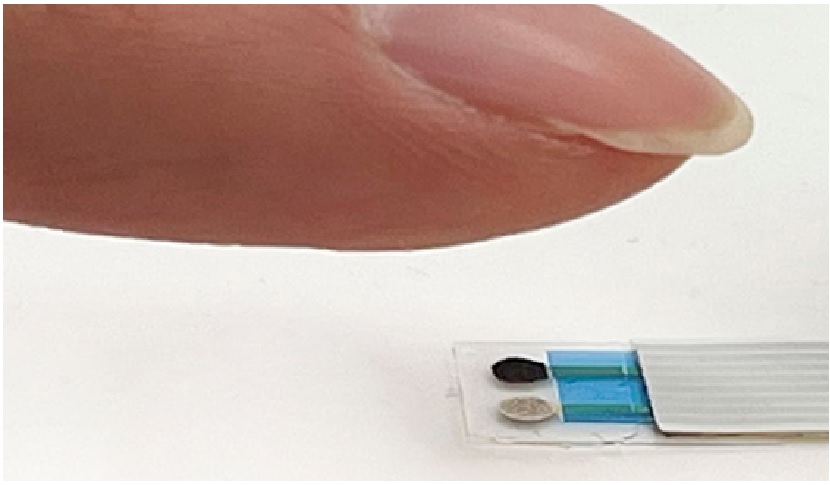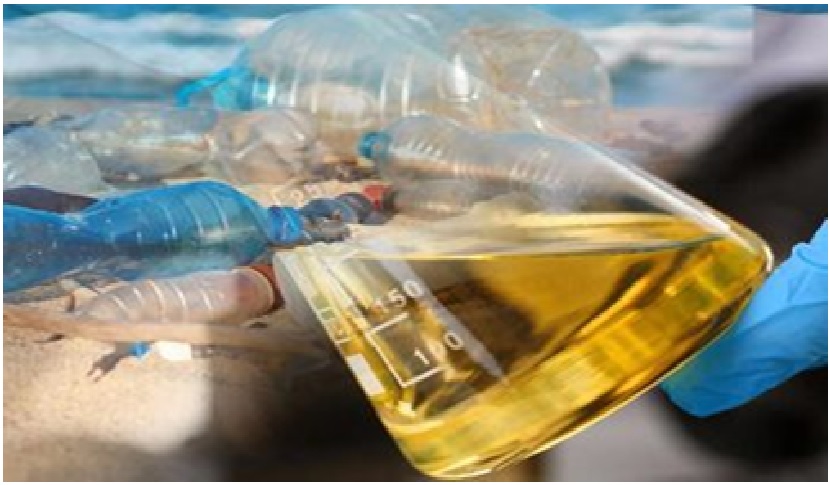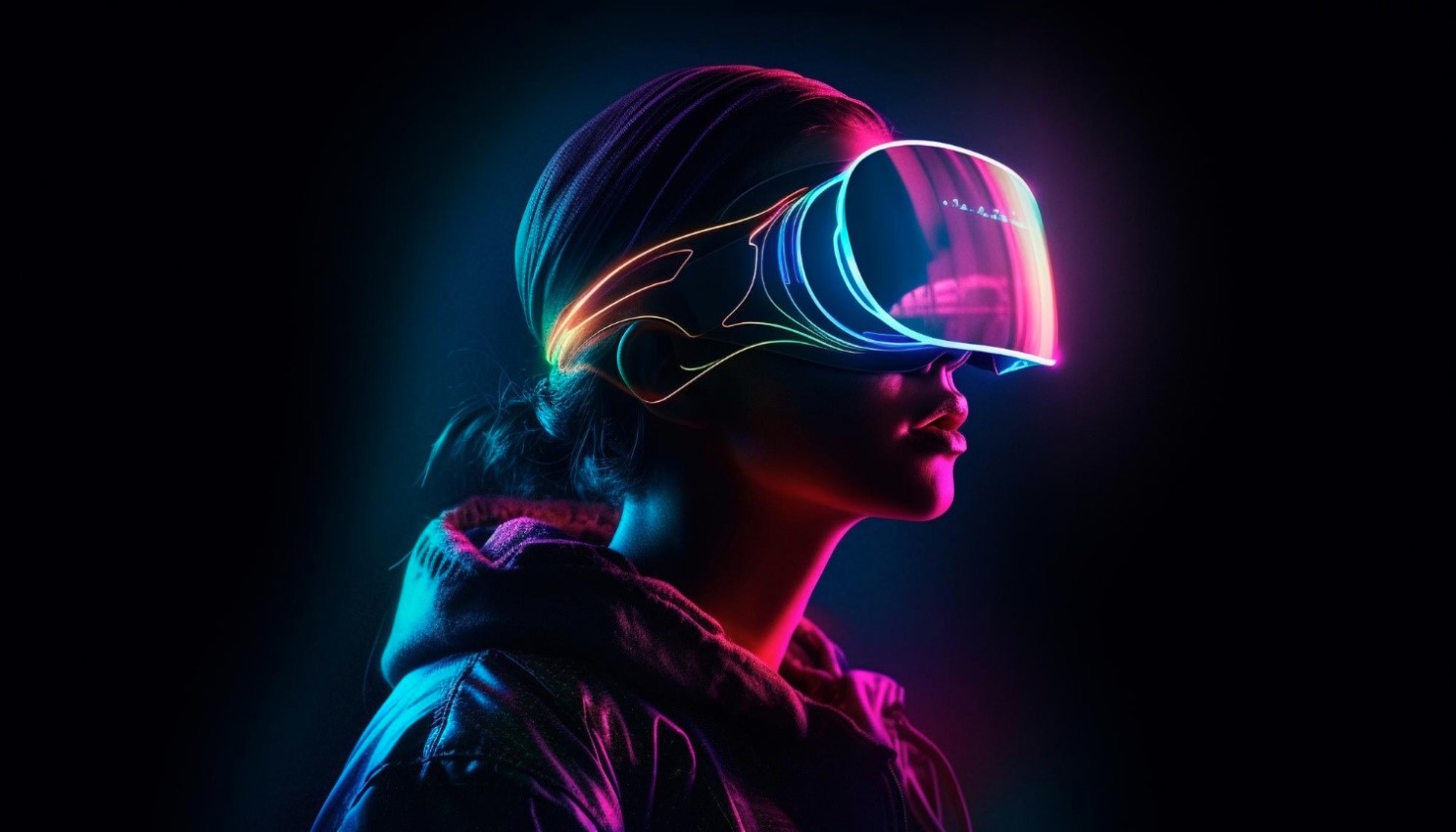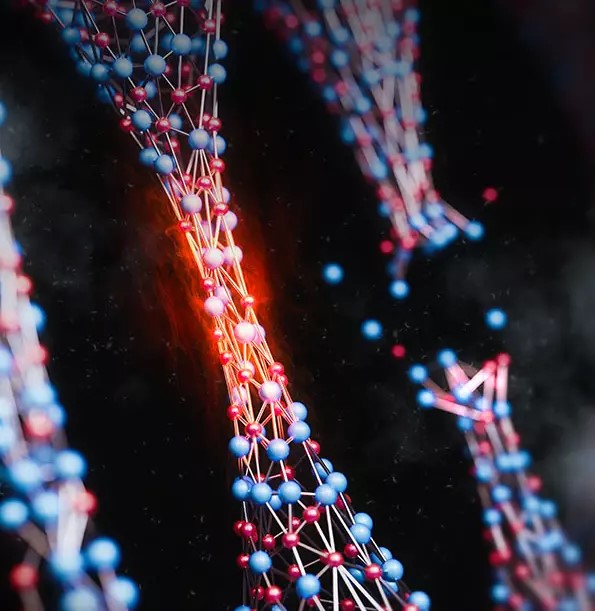The Ethics and Tech of Dream Seeding
In a not-so-distant future, when a burbling stream cascading down the Rocky Mountains appears in your dreams, you might be skeptical of who planted it there. While the notion of a corporation seeding dreams in the sleeping mind sounds like a science fiction plot, some consumers began taking the idea seriously in 2021.
That's when Molson Coors ran an online video touting its "targeted dream incubation" campaign. The premise of the project was to plant images of Coors beer into the dreams of football fans before the 2021 Super Bowl. The company called it "the world's largest dream study." Some might call it a nightmare.[1]

Figure 1. The Ethics and Tech of Dream Seeding
The Ethics and Tech of Dream Seeding is shown in figure 1. The documentary-style ad online, which featured respected sleep researcher Deirdre Barrett and a behind-the-scenes-glimpse of a Coors sleep study, mostly amounted to a marketing gimmick. (No research has been published based on the trial portrayed in the video.) But the science isn’t so far-fetched. A small but intrepid group of scientists is refining high-tech methods of tinkering with dreams, a field called dream engineering.
Multiple marketing studies are also openly testing ways to use sleep and dream-hacking to drive purchasing behavior, according to Adam Haar, a dream engineer at the MIT Media Lab who has conducted cutting-edge dream research. One report in 2021 by the American Marketing Association New York even revealed that out of some 400 marketers surveyed at U.S. firms, 77 percent of their companies aimed to deploy dream tech for advertising within three years.
This commercial pursuit, with Microsoft, Burger King and other big names reportedly investing, has raised serious ethical concerns about the technology — serious enough that 38 dream researchers posted an open letter in June of 2021. “The potential for misuse of these technologies is as ominous as it is obvious,” they wrote.
However, Haar, who helped draft the letter, says the ethical lines here are blurry. While he agrees that peddling potentially addictive beverages to sleepers is ethically dubious at best, he doesn’t entirely discount commercial uses of these methods. “Who is to say that Duolingo [a popular language-learning app] shouldn’t incorporate dream incubation into their language-learning practices?” he says. He’s also willing to consider other ideas, such as Marvel Entertainment giving children Iron Man dreams. “I am not the ethical authority here just because I know the science,” he says.
Gratifying as it would be to find a reliable language-learning hack, plenty of people shudder at the possibility of corporate shills dropping in on their dreams. The reality, though, is that the applications of dream engineering remain broad and varied as the concept shakes up the field of sleep research.[2]
References:
- https://news.knowledia.com/US/en/articles/the-ethics-and-tech-of-dream-seeding
- https://www.discovermagazine.com/technology/the-ethics-and-tech-of-dream-seeding
Cite this article:
Gokula Nandhini K (2023), The Ethics and Tech of Dream Seeding, AnaTechMaz, pp.289















